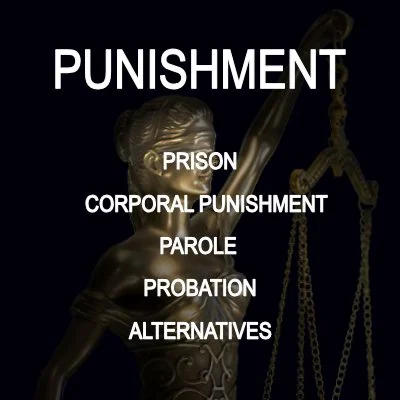By The Howard League for Penal Reform
Over the half-century that we have been involved in the law, custodial sentence lengths have approximately doubled and the same is true of prison numbers. The connection between the two is obvious. Over time, the growing prison population has outstripped safe and decent accommodation. As a consequence, prison overcrowding prevents the rehabilitation that should take place to reduce reoffending. There is nothing that justifies this doubling of sentence lengths. Government legislation relating to sentencing has consistently provided that imprisonment should only be imposed if there is no suitable alternative punishment, and that imprisonment should be for the minimum period commensurate with the crime. The law dictates this. The problem is that there is no objective measure for deciding what term of imprisonment is commensurate with a particular offence. Nor have governments always been content to leave it to the judges to decide the appropriate sentence. Instead they have intervened piecemeal, by securing legislation to impose minimum sentences where crimes, typically murder, are committed in specified circumstances that are seen as aggravating the offence. The result of such interventions has been to raise the level of sentences imposed across the board, as judges, with guidance from the Sentencing Council, seek to maintain a consistent scale of punishment. The only purposes of sentencing which are served by longer sentences are punishment and, in some instances, the protection of the public. But punishment does not stop reoffending and is expensive. It currently costs about £50,000 to imprison an adult for a year.
London: The Howard League for Penal Reform, 2024. 14p.


